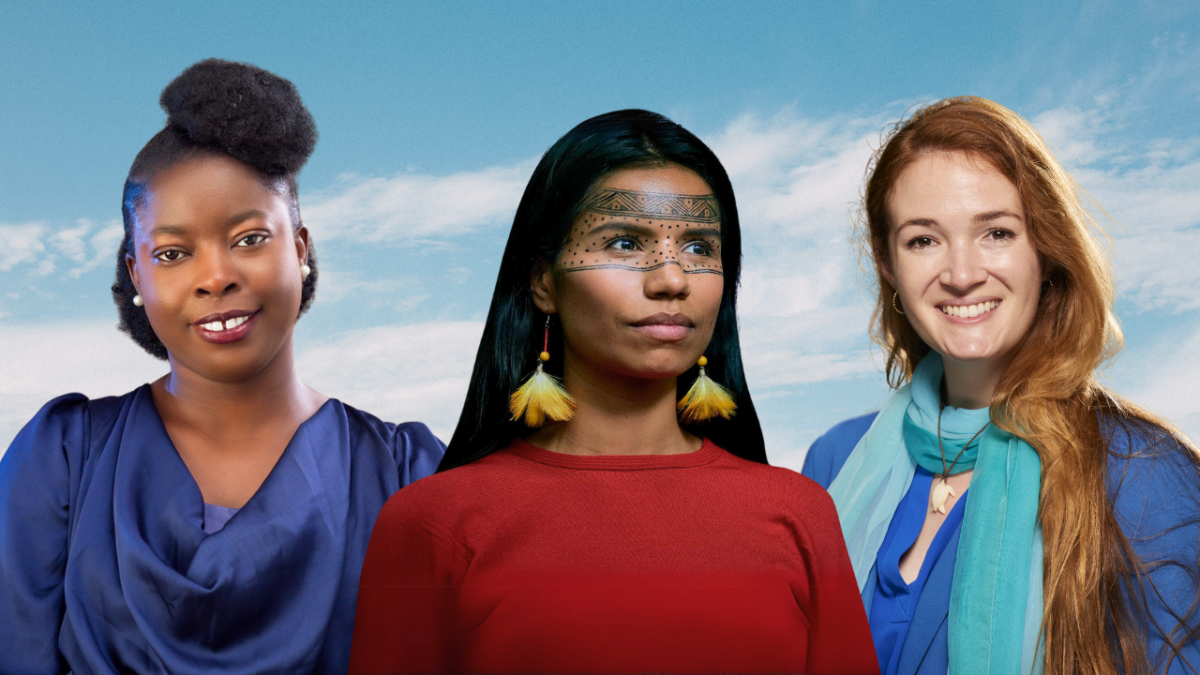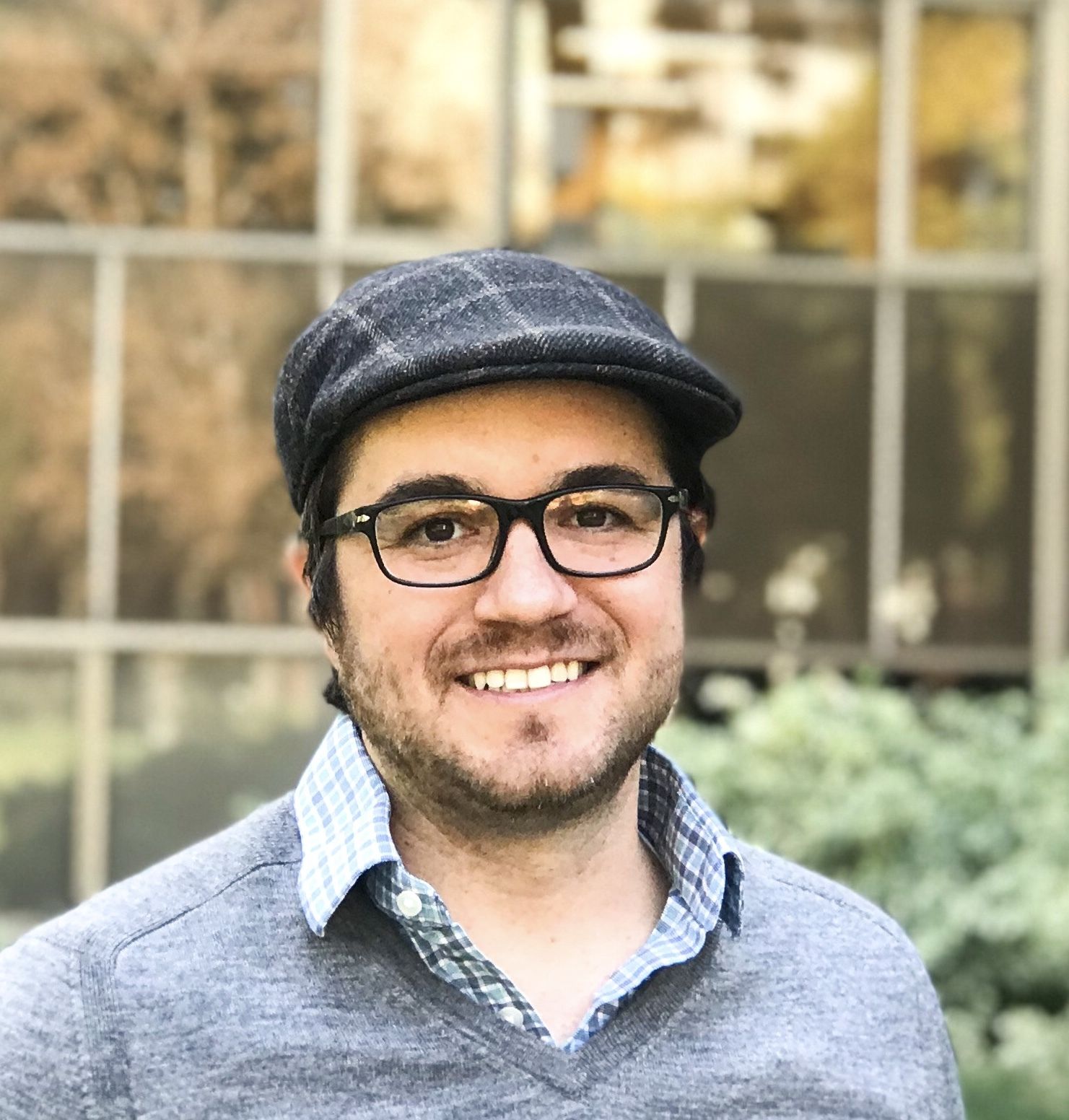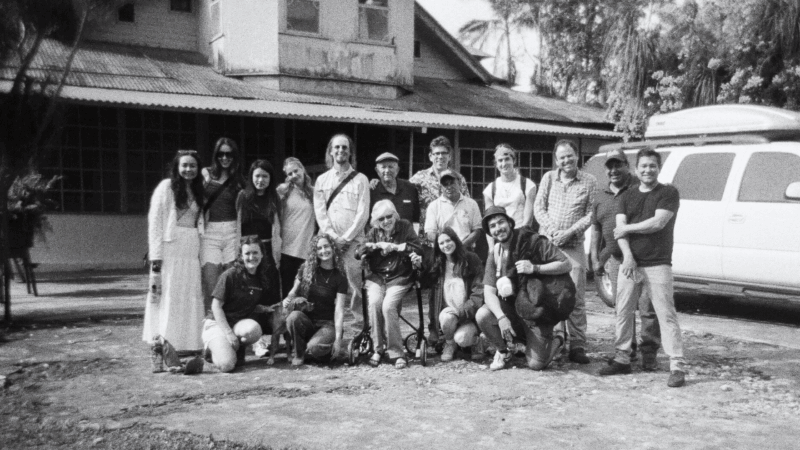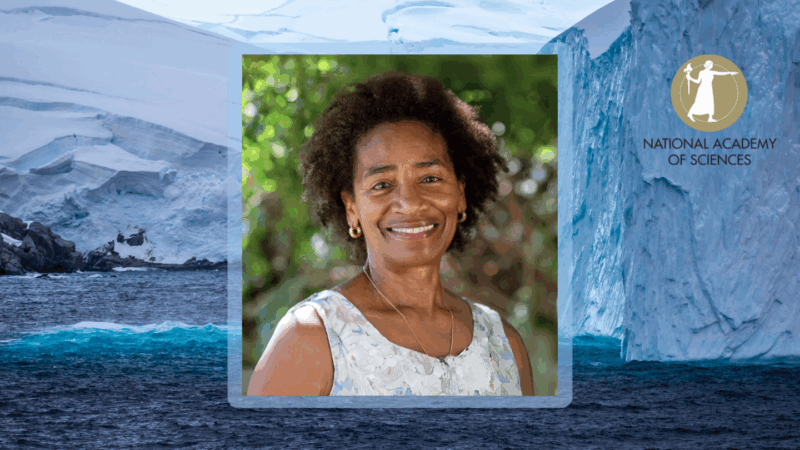
2024 Pritzker Award finalists: Nina Gualinga, Adenike Oladosu, Callie Veelenturf
All under age 40, this year’s finalists are multitalented, using research, education, policy advocacy and grassroots organization as part of their comprehensive approaches to solving environmental problems and alleviating social…
UCLA Institute of the Environment and Sustainability is proud to announce three finalists for the 2024 Pritzker Emerging Environmental Genius Award, as chosen by a panel of seven environmental experts.
All under age 40, this year’s finalists are multitalented, using research, education, policy advocacy and grassroots organization as part of their comprehensive approaches to solving environmental problems and alleviating social inequities.
Nina Gualinga co-founded Mujeres Amazónicas (Amazonian Women), an indigenous rights group in the Ecuadorian Amazon. Made up of over 100 women from various nationalities in the region, the group focuses on peaceful resistance and policy advocacy to confront infringements on environmental sustainability, indigenous rights and women’s well-being.
The group uses modern advocacy tools to be resilient against external threats and financial incentives from extractive industries, Gualinga said, but the organization’s core is tradition and unity.
“Our work is effective because it is grounded in unified grassroots leadership and solidarity between indigenous nations, intergenerational knowledge transmission, and an unwavering connection to our land and ancestry,” Gualinga said
For their efforts in Ecuador, Mujeres Amazónicas was awarded the Matilde Hidalgo de Prócel Medal by Ecuador’s National Congress. In Panama, Gualinga’s advocacy helped lead the country’s supreme court led to declare a new, 34,000-acre copper mine unconstitutional, protecting Bosque Donoso National Park. Her work also extends globally at high-level United Nations conferences and has been featured in Vogue, The Guardian, Forbes and other well-known publications.
Adenike Oladosu, a Nigerian ecofeminist and climate justice leader, advocates for women’s issues like excessive unpaid work to get water and firewood to allow them to participate more in environmental protection and conservation. In sub-Saharan Africa, women spend 40 billion hours each year just to search for water.
“That made me become an ecofeminist,” Oladosu said. “If those hours are reduced or put into useful use for environmental conservation, education and other activities, it could help women in my society become change makers.”
She combines technologies like Geographical Information Systems and remote sensing to map out the Lake Chad region. The lake has shrunk by 90% since the 1960s, harming nature and reducing a critical freshwater resource for four countries, leading to armed conflicts.
As a leading climate advocate in Africa, Oladosu’s activism and educational efforts lead to increased involvement by women and girls. She hopes to increase their numbers by 90% by the end of the decade. So far, she has trained 10,000 women in 50 communities, giving them technological skills and resources that help them feed their families sustainably and reduce environmental impacts.
Olaodsu was honored with the Ambassador of Conscience Award from Amnesty International and featured as a UNICEF young advocate. She has also worked with the United Nations climate conventions from COP25-COP28.
Callie Veelenturf is a marine biologist and executive director of The Leatherback Project, which combats environmental crises with a special focus on the seven species of leatherback sea turtle, four of which are critically endangered due to environmental problems such as plastic pollution, loss of nesting habitat and the fishing industry.
Central to those efforts — and for her work on conservation in general — is the concept of The Rights of Nature, a legal instrument that argues that nature, species and ecosystems should be granted inherent rights like humans and business corporations.
Veelenturf says she wanted to protect nature “for as long as she can remember.” On a snorkeling excursion in Hawaii as part of the Brown University Environmental Leadership Lab, she met a sea turtle face-to-face.
“I saw this big shadow out in front of me. When I looked up, there was a big green sea turtle just floating in the water column, and it was only about like a person’s length away from me,” Veelenturf said. “I felt this turtle was looking into my eyes, and I felt this wave of like fascination and a desire to do everything that I can to learn about that species group and protect them.”
Veelenturf proposed Panama’s Rights of Nature law to the first lady and a member of parliament. After two years, the law was signed in February 2022. She is a 2024 Future for Nature Awardee, The Explorers Club New Explorer of the Year and a Visionary Award recipient from the Schmidt Ocean Institute. Since 2023, her work has been featured in the Washington Post, CBS News and Smithsonian Magazine.
The Pritzker Emerging Environmental Genius Award, which carries a $100,000 cash prize, is the first major environmental award to recognize individuals 40 and younger who have shown exceptional promise as champions for the environment.
The finalists, chosen from 14 candidates, will next be presented to a panel of judges: Antonio Bernardo, dean of UCLA Anderson School of Management; Jeanne Holm, deputy mayor of finance and innovation for City of Los Angeles; Ah-Hyung “Alissa” Park, dean of UCLA Samueli School of Engineering; and Abel Valenzuela, Jr., dean of UCLA Social Sciences.
The 2023 winner will be announced during an Oct. 30 ceremony.
Media inquiries please contact David Colgan at dcolgan@ioes.ucla.edu.




